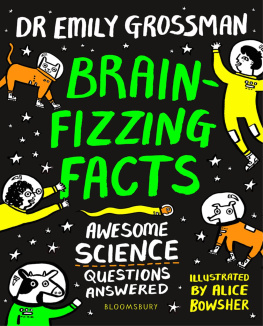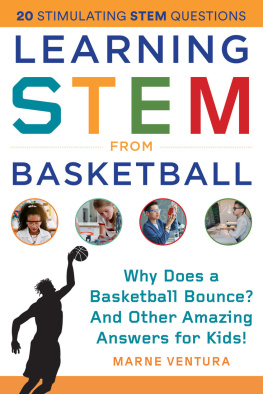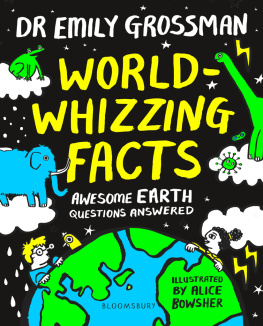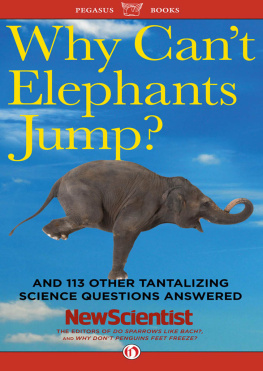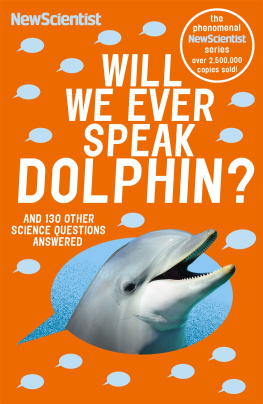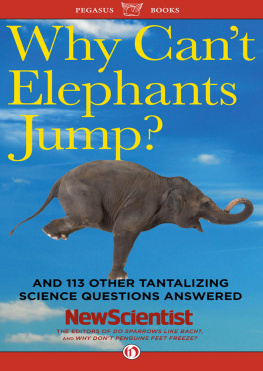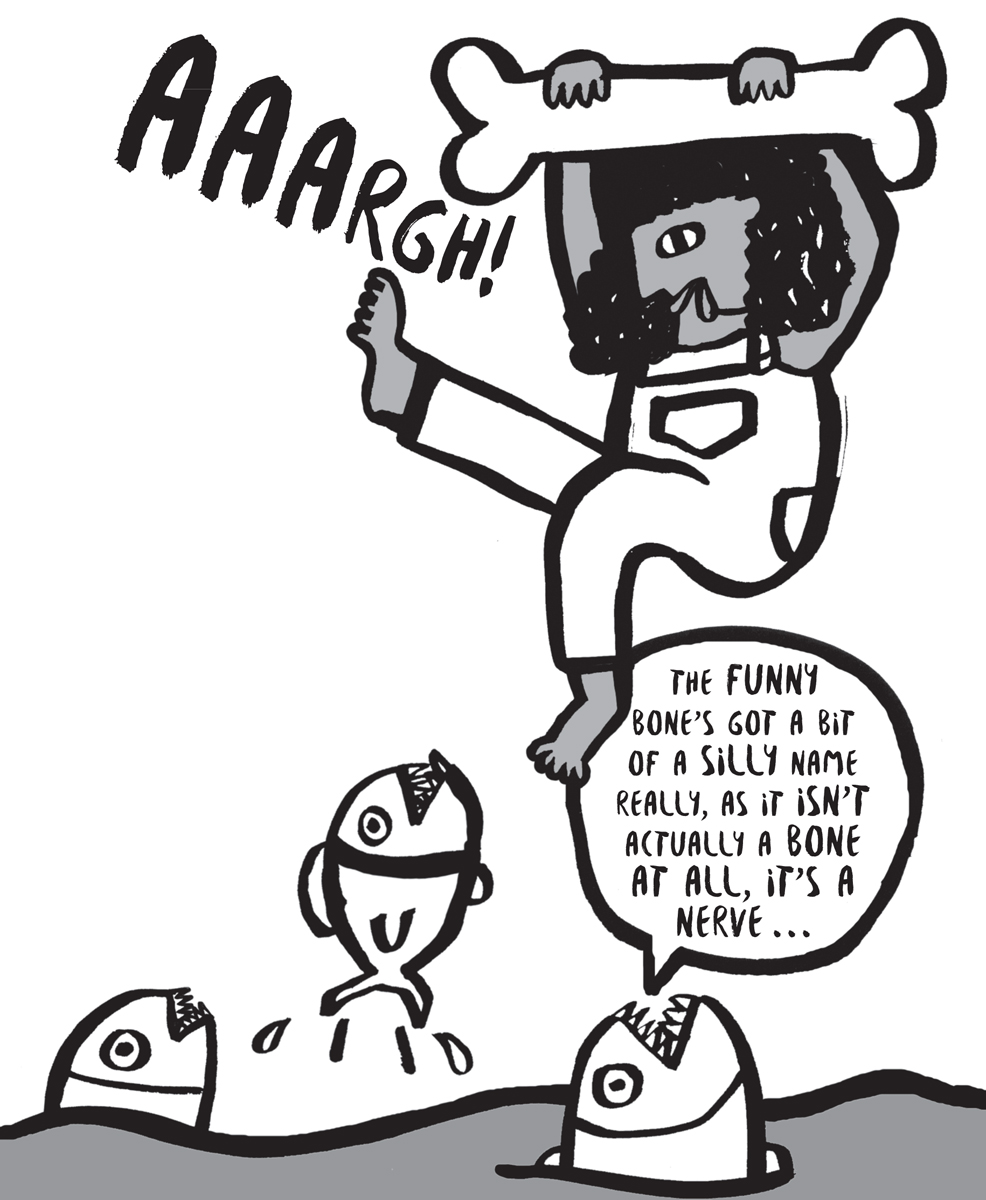For my dad, who never tired of answering my questions.
And for |saac never stop asking them.
H i, Im Dr Emily and I love science! Because science is about making sense of whats going on in the world around us.
When I was growing up my favourite word was Why? I was constantly asking questions . I wouldnt accept anything anyone told me ... unless they could give me an explanation. I used to drive my parents and teachers totally bonkers!
Its said that the average child asks questions a day. How many do you ask? Have you ever asked something like ...

My favourite feeling is that light-bulb moment Ohh! when suddenly everything makes sense .
I wrote this book because I wanted to share with you some of my most favourite and weirdest facts about science . There are some strange and amazing things that happen in the world around us. Youll find them here in the form of
mind-bending questions , each with 4 possible answers.
But heres the important part: as you read each question, see if you can figure out the answer. I dont just mean which one is right, but think about why it might be true.
Ask yourself...
Which answer makes the most sense ?
Which answer is definitely not true?
Why might this one happen?
How might that one work?
If you don't know the answer, just have a guess. Please don't worry if you get it wrong. Some of the best discoveries in science came about when people got stuff wrong, made mistakes or mucked up their experiments. Do you know about Alexander Fleming?
Alexander Fleming was doing an experiment on bacteria when he made a mistake . The story goes that he left his dish of bacteria next to an open window and ... went on holiday. The thing is, the dish also contained food for the bacteria and if you leave food by an open window, what happens?

When Fleming got back from his holiday he realised his mistake. Oops! Im sure he was pretty annoyed with himself. But instead of giving up and chucking the mouldy dish away, he took a second look at it. And then he probably said something that is one of the most important phrases in science .
No, it wasnt Eureka! That was old Archimedes. Fleming said, Oh! Thats fun ny!
What Fleming found so funny was that around the fluffy bits of mould on the dish, the bacteria had died . Fleming and his pals went on to isolate a chemical from the mould that could kill bacteria. They called it penicillin and it was the first antibiotic . Penicillin went on to save millions of lives .
So go on, have a go at answering the first question. And dont worry if you get it wrong. Getting things wrong is the best way to learn and progress . First, have a go at figuring out the answer yourself. Then you can see if my explanation makes sense. And then maybe youll feel that light-bulb moment too.
Dr Emily xx

Pain is your brains way of warning you that something is wrong, so that you protect that part of your body from further damage.
Pain is detected by receptors on your skin, which send electrical signals to your brain along long fibres called nerves .
The skin on the end of your elbow , called the wenus , is so jolly thick and tough that it contains practically no nerve endings or pain receptors. So you can pinch your mums elbow-skin as hard as you like and she will hardly feel it!
In fact, your elbow skin has so few sensations that if someone licked it (not that anyone would) you wouldnt even be able to feel it ...

Ask a friend to lightly lick your elbow while you look the other way. Theyll probably think youre a bit odd but you can tell them I told you to do it - in the name of science. Can you tell when they're licking you? Probably not!
Now try sneaking a peek at your elbow while its being licked . This time you may well feel like you can feel it. You can't actually feel anything different from before but your brain kind of fills in the gap. How cool is that?
Speaking of pain, next time you hurt yourself (somewhere other than your elbow skin), heres a sneaky tip for you:
It may sound a bit strange , but try looking at your bloody knee - or any other red or swollen part of your body - through the wrong end of a pair of binoculars . It will look smaller to you, so the damage to your body will appear to be less. This can sometimes trick your brain into sending you fewer pain signals.
Bizarrely , it might also hurt less if youre not a red-head . Scientists are currently arguing over this controversial topic, but some reckon that the same set of instructions (known as a gene ) that causes some people to have red hair might also make red-heads more sensitive to certain types of pain... and less tolerant of cold weather!

The nerve inside your elbow is called the ulnar nerve , and it runs all the way down your arm and into your little fingers. The job of this nerve is to send signals from your brain to the muscles that move your fingers, and to send signals back to the brain telling it how your fingers feel . It works pretty hard when youre playing the piano. Or when your finger gets nibbled by a rabbit.
Like the other nerves in the body, the ulnar nerve is protected from the outside world, at least for most of its length, by layers of bone and muscle .
So you probably wont be able to feel it, even if you push quite hard on the skin of your forearm with something hard and pokey. Like a carrot .

